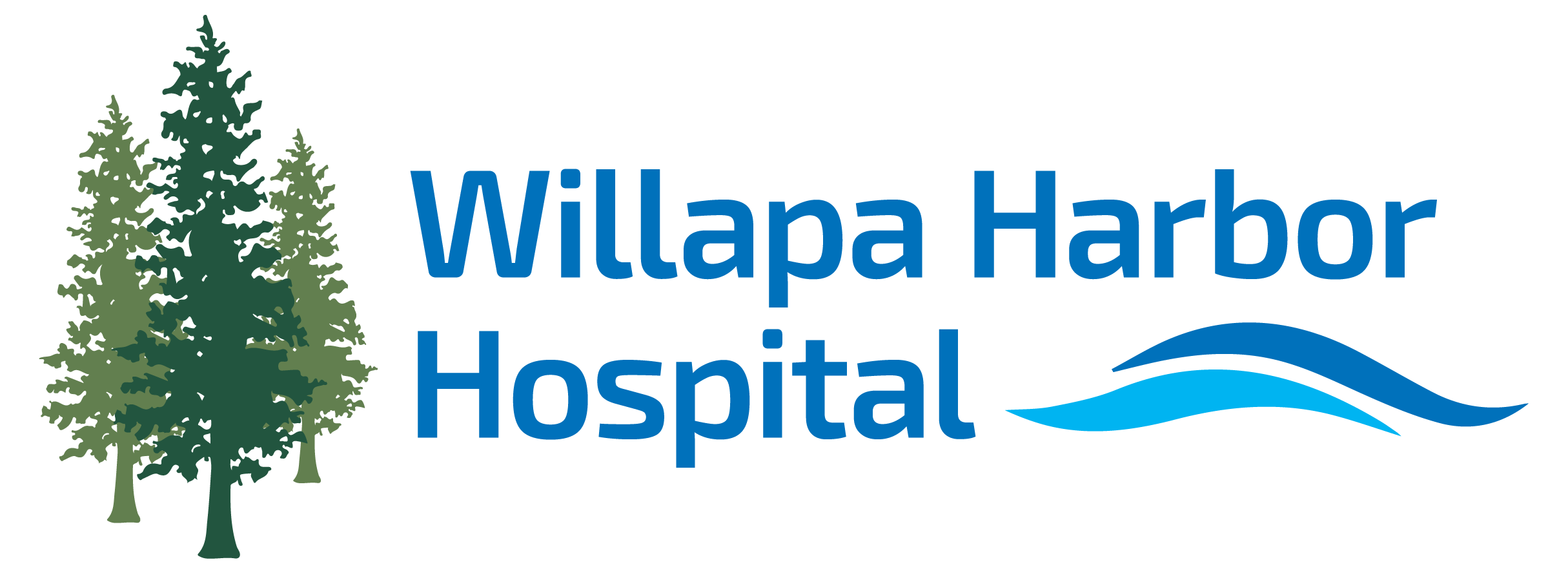Rehabilitation Key Following Heart Attacks and Other Cardiovascular Events
Awareness of cardiac rehabilitation program is an initiative of Willapa Harbor Hospital during American Heart Month.
As heart disease continues to threaten Americans across the country, accounting for one in every four deaths, knowing how to make the medical‐ and lifestyle‐ related decisions to better their health becomes even more critical. If you have survived a heart attack or stroke or suffer from other heart‐related conditions, the cardiac rehabilitation program at Willapa Harbor Hospital might be a lifeline.
"As we observe American Heart Month this February, we are taking the time to educate the people of our community about the importance of heart health and how to strengthen their cardiovascular health should they suffer from heart disease," explains Dr. Frank Hing, a General Practice & Geriatric physician in South Bend. "As one of the leading causes of death in the state, heart disease should be a concern for every one of us."
Cardiovascular disease takes many forms, including congestive heart failure, coronary heart disease, stroke, or high blood pressure. According to the Washington State Department of Health, the condition continues to be the second leading cause of death in the state. It is estimated that one in five women across the state dies of heart disease, along with one in four men.
Symptoms of heart disease often depend on the type of condition. According to Dr. Hing, high blood pressure, high cholesterol, smoking, and lack of regular exercise are all harmful elements that can contribute to complications.
Understanding more about cardiovascular disease and how it can affect your health is an essential step in taking the measures needed to prevent or reduce the severity of high blood pressure, heart attacks, or stroke.
When it comes to COVID‐19, heart damage may be more widespread than initially realized. Preliminary studies of individuals who have recovered from coronavirus within two to three months found abnormalities in 78 percent of recovered patients' hearts. Additionally, the same study identified increased levels of troponin, a blood enzyme that indicates heart damage.
"Just a year into this pandemic, it is still not very clear what the long‐term effects of COVID‐19 are," says Dr. Hing. "While we have initial ideas, and most people recover without serious complications, there are still concerns of the damage this virus does to our bodies."
One way to understand your risk of cardiovascular disease is to talk with your primary care provider about your family history and your current health status.
"Your primary care provider can discuss with you your risks and preventative measures you should take," Dr. Hing says. "A great time to discuss heart disease is during your next appointment with your primary care physician or during your annual wellness check."
If you are suspected of being at risk for heart disease or have a weakened cardiovascular system, your primary care provider might order additional tests.
A specialized rehabilitation program can help those with heart conditions regain their cardiovascular strength. The Cardiac Rehabilitation Program at Willapa Harbor Hospital integrates education, counseling, and support to develop a treatment plan that improves patients' physical fitness while reducing cardiac risks.
While the cardiac rehabilitation programs are personalized for each patient based on their condition, sessions are typically recommended three times a week for 12 weeks. Exercise programs are conducted under carefully monitored conditions to ensure that improved strength is developed safely.
According to the Centers for Disease Control and Prevention (CDC), individuals who have participated in a cardiac rehab program were more likely to avoid subsequent heart attacks than those who did not participate in a program or only attended a few times. The government agency says that the heart attack rate was consistently lower among individuals who participated in more than 24 sessions and highest among those who participated in fewer than 12 sessions.
Dr. Hing says easing into activities that do not overstimulate the heart is essential to recovery. Overexerting can cause physical harm, but underperforming can prevent the body from successfully healing.
Medicare and most private insurance plans cover all or part of cardiac rehab programs. Patients typically qualify if their medical history or condition includes a heart attack, congestive heart failure, or heart surgery, to name a few.
A referral by a physician to the cardiac rehabilitation program is required. For more information about cardiovascular disease and whether the cardiopulmonary rehabilitation program may benefit you, talk with your primary care provider.
